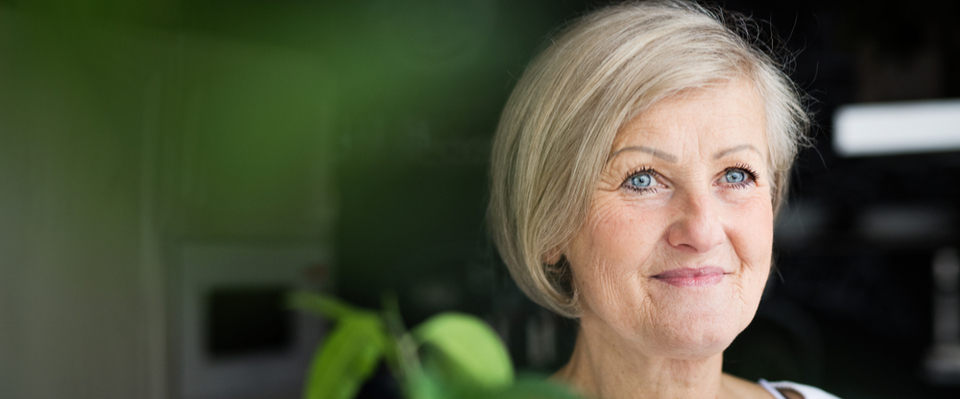Thirty years ago I met a fascinating, independent, courageous woman named Marta. I was dating her son and he and I went on to share a home and raise a child so I came to know Marta as well as I could while her son and I were a couple.
Marta’s family is complicated. Similar to most, there were disagreements between family members yet through all the fiery discussions, Marta maintained a cool head. The arguments between her Canadian-born sons must have seemed like child’s play to her considering what she had seen and what she had lived through.
Marta was born in Berlin in 1929. She was sixteen when the Soviet army stormed Berlin in 1945. Her mother hid her in a basement praying that soldiers wouldn’t hurt her. Somehow Marta and her parents managed to survive Berlin’s freezing winter of food scarcity in 1946-47, although the scars left an indelible imprint on her personality. She loathed candles burning in her house. Fire frightened her and for good reason. She witnessed the bombing and destruction of Berlin.
After the war, Marta met an American G.I. stationed in occupied Berlin. They fell in love, married and moved to Toronto to start a new life: to raise a family and to enjoy the peace and security that Canada offers immigrants.
Life was sweet until Marta’s husband passed away when he was fifty-three and she found herself on her own in a country she’d only partially acclimatized to. A decade later when I met her, she was living alone, in a cozy home, the one she bought after her husband died. She was employed by a bank in a position loaded with responsibility as she supervised the night shift of a banking centre, returning home in the early hours of the morning.
I was impressed by her fortitude and her resilience. When her boys were young, after working the night shift, she stayed awake until she could drive Bill and Michael to school. With her first language being German, Marta managed to thrive in a foreign country speaking a new language learned as an adult, although I could tell that she always felt slightly marginalized among her friends and neighbours who were Canadian born. She is a quiet, focused person, extremely private and an introvert by nature. Given her adolescence in war-ravaged Berlin, I often wondered what she really thought of us with what is now sardonically termed our “first world problems.”
After her sons moved away to embark on lives of their own, she enjoyed living on her own. Independence and privacy suited her temperament. Her house was always spotless and orderly.
Then in January, at the age of eight-eight, she broke her upper arm and since then she’s needed to rely on others to make it through the day. One of her sons moved into the house to care for her. Before the accident, a stair lift was installed and in the event she needed it; she wears an emergency call button. Now the city of Toronto’s health services, some free of charge, and some pay-as-you-go, are a huge help without which she couldn’t remain at home. There’s physio and occupational therapy, personal hygiene and grocery shopping. It’s tricky business remaining at home, but that is what Marta prefers. Living in a retirement facility is just not her style.
Marta’s home is an attractive, but modest semi-detached two-story in Toronto’s Beaches neighbourhood. Her kitchen resembles a green house, perched above a terraced garden, with huge windows from ceiling to floor. Four seasons, rain or shine, it’s a delightful place to sit and enjoy a cup of coffee. She is reluctant to move into a care facility. I worry about her. My daughter spends every Monday with her grandmother, helping out with the chores, but it’s not just about that. My daughter actually loves being with her Grandmother, getting to know her in ways Marta never revealed before breaking her arm.
Lately I’ve been reading about the financial duress Canadians are facing. A recent Ipsos study shows that “nearly one half (48 per cent) of Canadians are $200 or less per month away from not being able to meet all of their bills or debt obligations each month, including 26 per cent who say they already don’t make enough money to cover their bills and debt payments.” The new Ipsos poll was conducted on behalf of MNP. In case you’re wondering, MNP is a giant personal bankruptcy and consumer proposal firm with more than 200 offices across this country.
If I mentioned these findings to Marta, she might only shake her head in disbelief. According to the Ipsos poll, almost half of Canadians are on a spending spree that knows no bounds. Another survey conducted by HSBC reports that “a staggering 93 per cent – the highest proportion across all markets surveyed—say that financial considerations such as a lack of savings, too much debt or the need to support dependents are thwarting their retirement dreams.”
Now that Marta and I are both retired, living on our pensions, and some earned income (in my case), I appreciate how smartly she managed her finances so that when the time came, she could age in place, and not be pushed into a care facility against her deepest wishes.
Certain respected financial journalists such as Toronto Star columnist Ellen Roseman and author Fred Vettese argue that 70 per cent of your annual pre-retirement income is too high a bar for most to reach and retired Canadians can live reasonably on less. One of the major factors for retirement readiness is having an employer-sponsored pension plan. Owning your own home is another big indicator of retirement readiness.
I followed Marta’s model and thirty years later we’re both in charge of our finances and living in a home of our own. I’m ever grateful to her for showing me the way.































